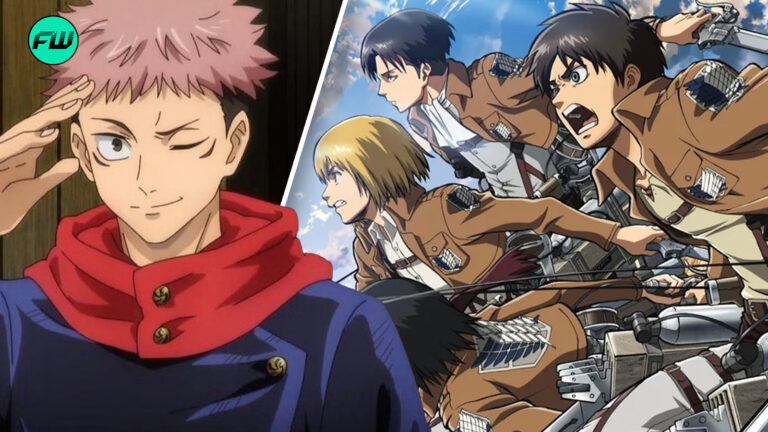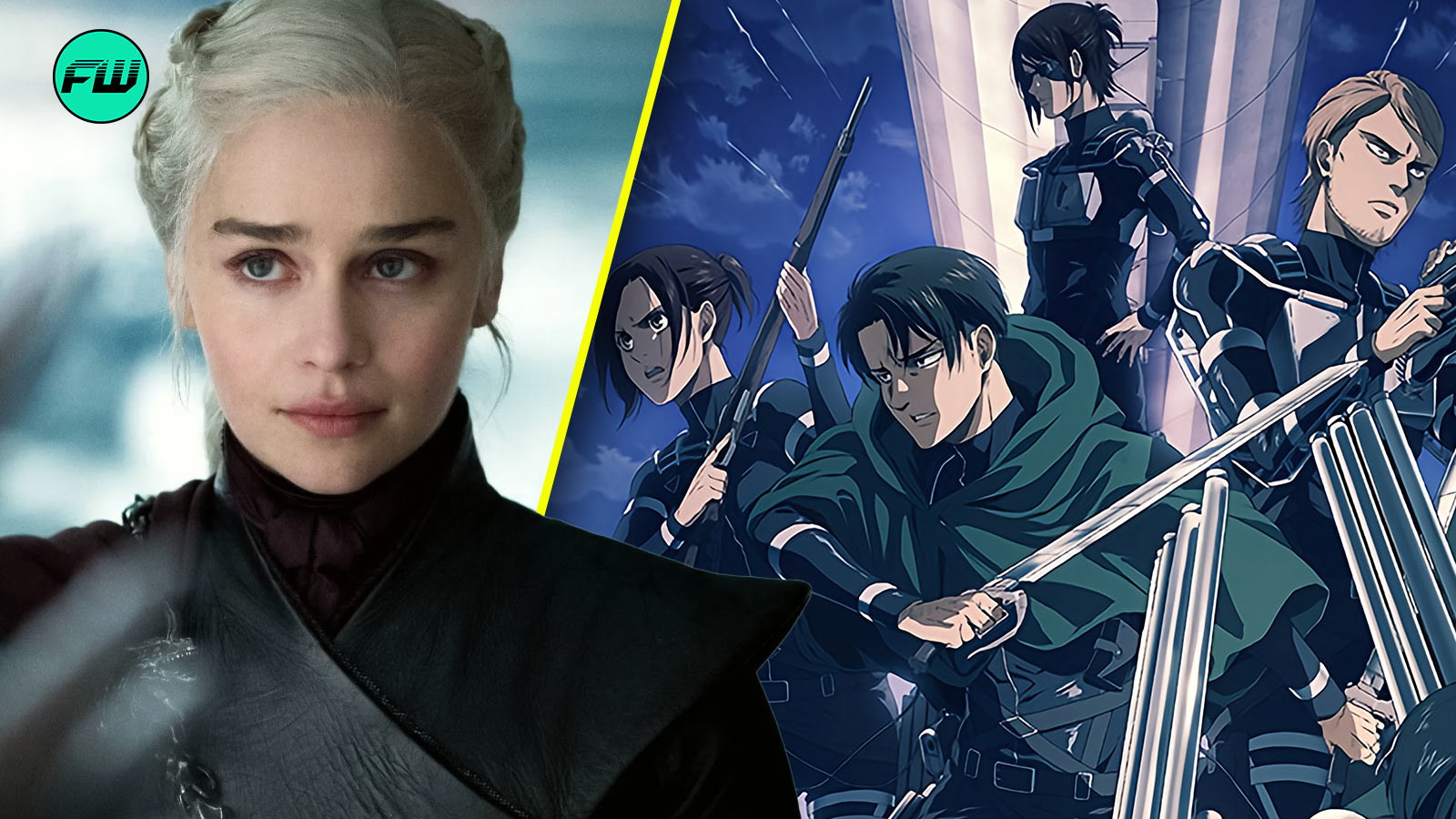
Never say the phrase ‘bad ending’ near Attack on Titan and Game of Thrones, fans or you’ll be signing up for a long rant. Both these fandoms are scarred by the same tragedy that befell them. After a glorious run of almost a decade–and longer in AoT’s case–their much-awaited endings turned out to be disastrous.
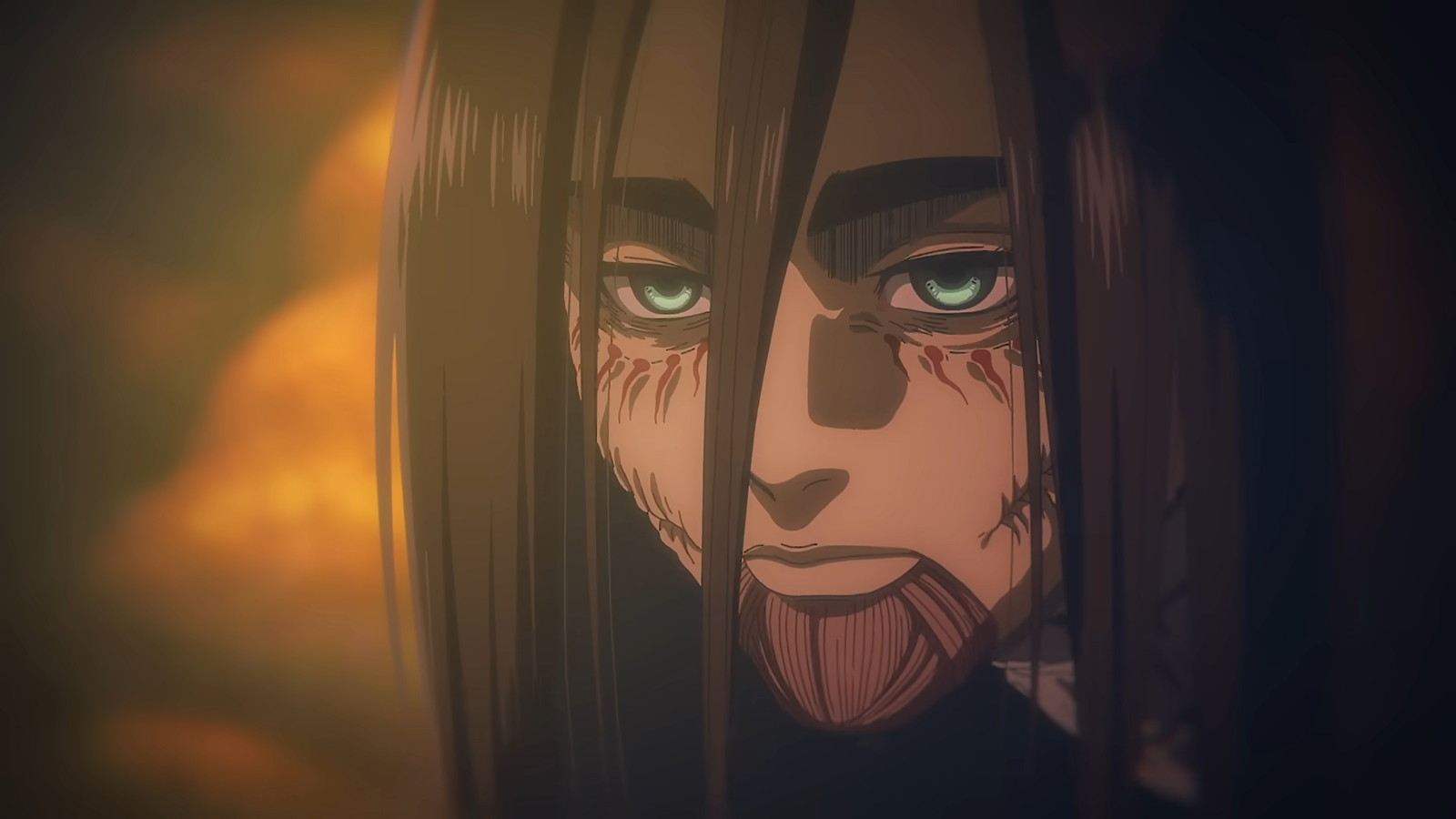
I have personally come to terms with how Attack on Titan concluded, even love the ending to some extent, but I can’t get over the abomination of Game of Thrones. While that’s a subjective opinion, most fans would agree that Hajime Isayama avoided a grave mistake that saved the ending from being irredeemable.
Both Attack on Titan and Game of Thrones are victims of the same fate
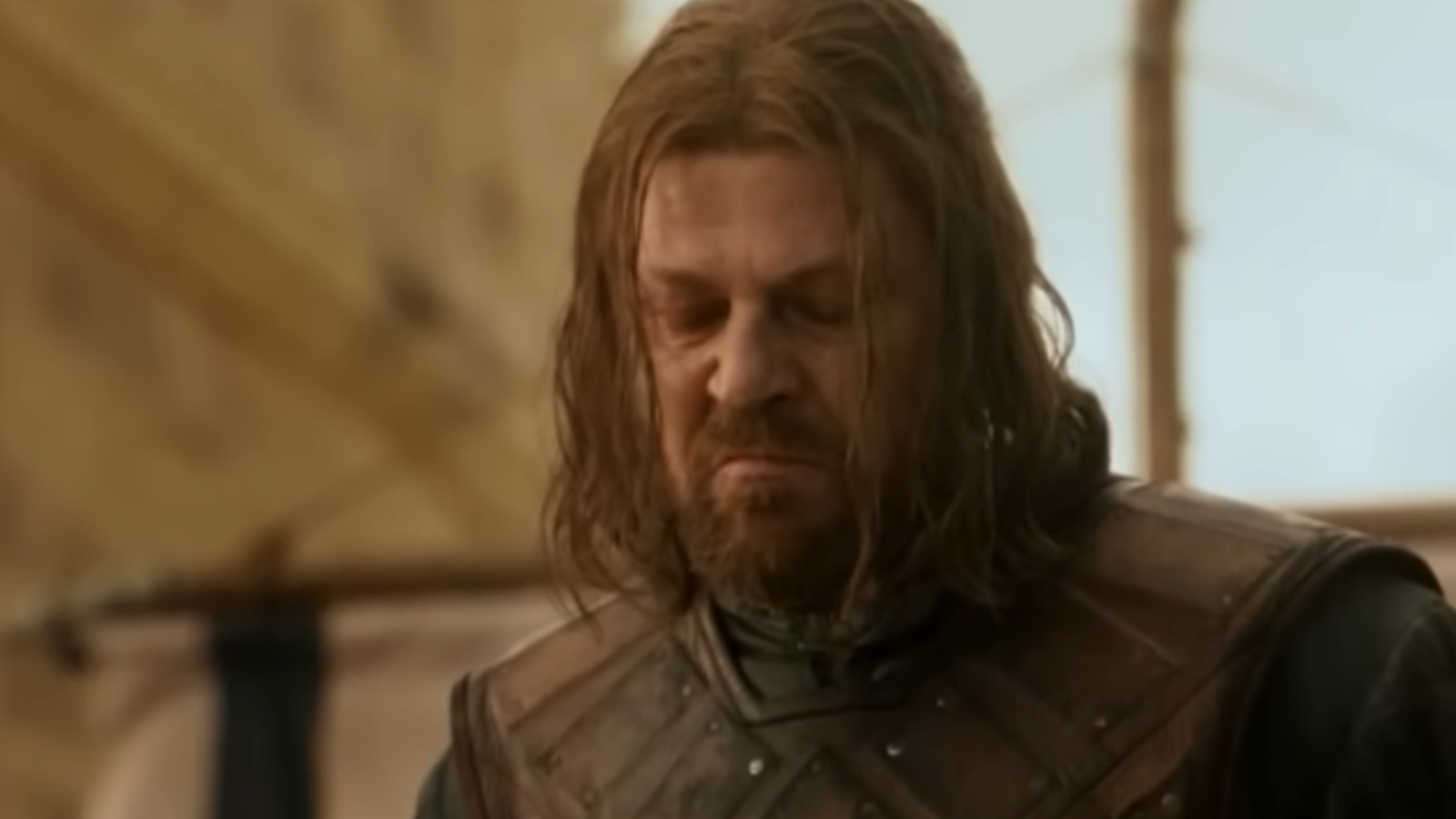
American TV shows have always been the rage, but Game of Thrones emerged as a completely different beast. The world-building and the political drama drew us closer to the main character only for him to die at the end of the first season itself. And then began the quest for who next? Nobody was safe; the story grew more complex and intriguing with every season.
The hype for the final season was unmatched as the show’s final installment was drawing closer. Only for it to end horribly. Similarly, Hajime Isayama’s Attack on Titan had immaculate progression for the entirety of its run, with an ending that shook the anime community due to how terrible it was. Despite their similar journeys, I’d never call Attack on Titan the Game of Thrones of anime, simply because Isayama avoided one error that led to GoT’s downfall.
Hajime Isayama saved a sinking ship while George R.R. Martin could not
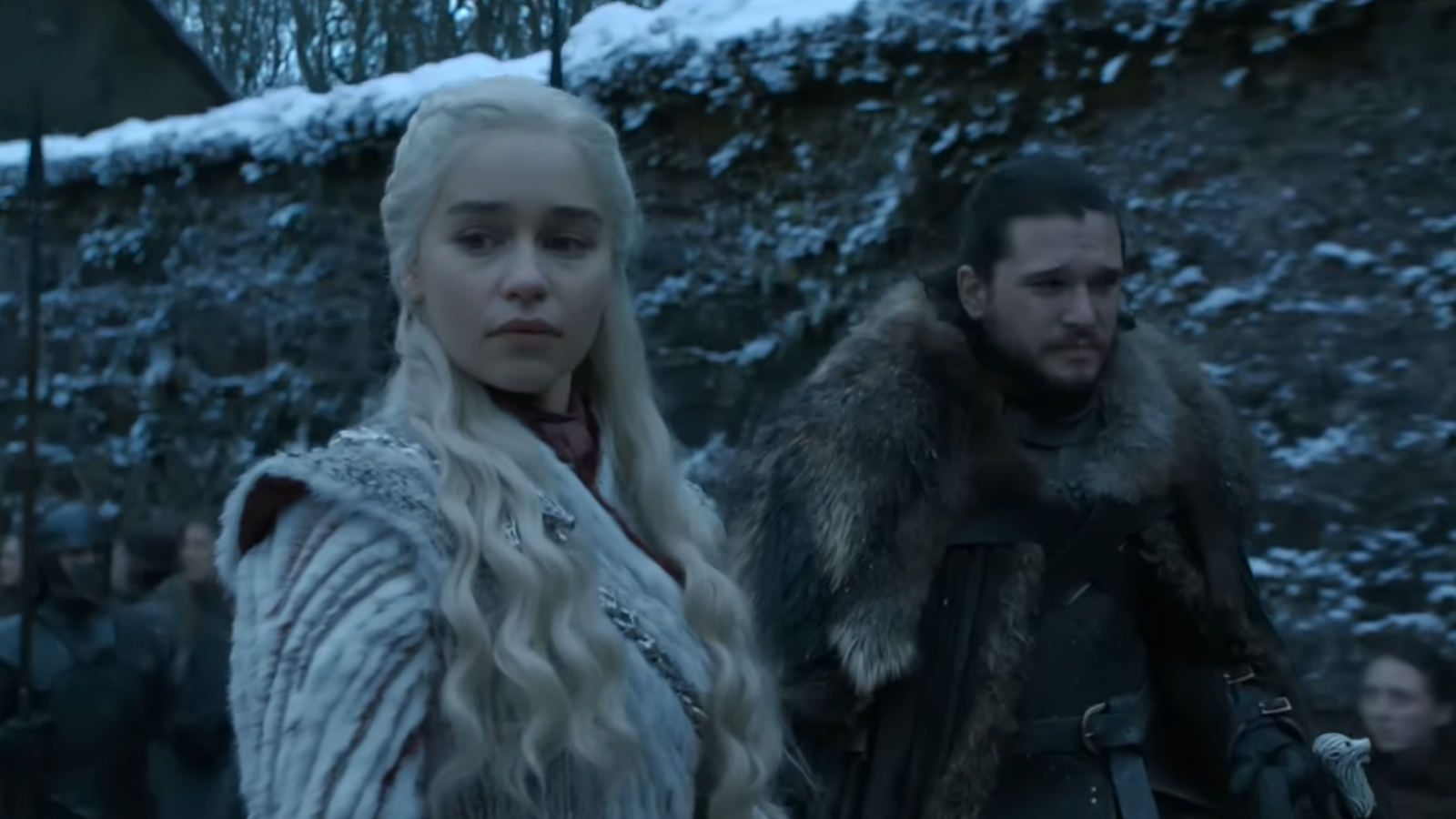
What made the ending of Game of Thrones sting was how it failed to pay off for all the intense build up. The execution was poor, which made the unpredictability seem like a gimmick to shock the fans. For instance, Daenerys’ transformation could easily be explained, she has been heading towards that since season 4 or 5. However, the poor execution made a completely sensible transformation seem downright nonsensical.
This particular moment highlighted how the writing of the show fell off since the beginning. What made Ned Stark’s death so iconic was that there was no way for him to be saved. For years I had been conditioned to think that plot armor was protagonists’ best friend, but that didn’t apply to Ned Stark, and it made sense, he was in a truly helpless situation.
I hate that the writing couldn’t convince me in a similar manner to Daenerys’ character arc. Moreover, it made me feel that it’s for the best that George R.R. Martin doesn’t seem too keen on finishing the books.
And, that’s exactly where Isayama shines! The mangaka fumbled with the ending. The world was turned upside down and I was horrified with the endless suffering, only for him to tell me that it was all just for a girl. That wasn’t the only problem with the ending, but this one plot twist felt so out of place in the AoT universe.
What saved the ending of AoT was how the characters stayed true to their values up until the end. It made sense for Eren to make a horrible decision impulsively. That’s who he has always been. Levi chose his responsibilities and duty up until the end. Armin always took the peaceful way out, and avoided violence as much as he could.
The initial shock of the ending wore off when I realized that it wasn’t unnatural for the characters to make the choices they made. I could understand their actions without feeling the need to justify them. This helped me come to terms with the contentious ending of Attack on Titan, and the tweaked version in the anime also helped. But the same simply can’t happen with Game of Thrones.
Attack on Titan is available to stream on Crunchyroll, and Game of Thrones on Max.
This post belongs to FandomWire and first appeared on FandomWire


